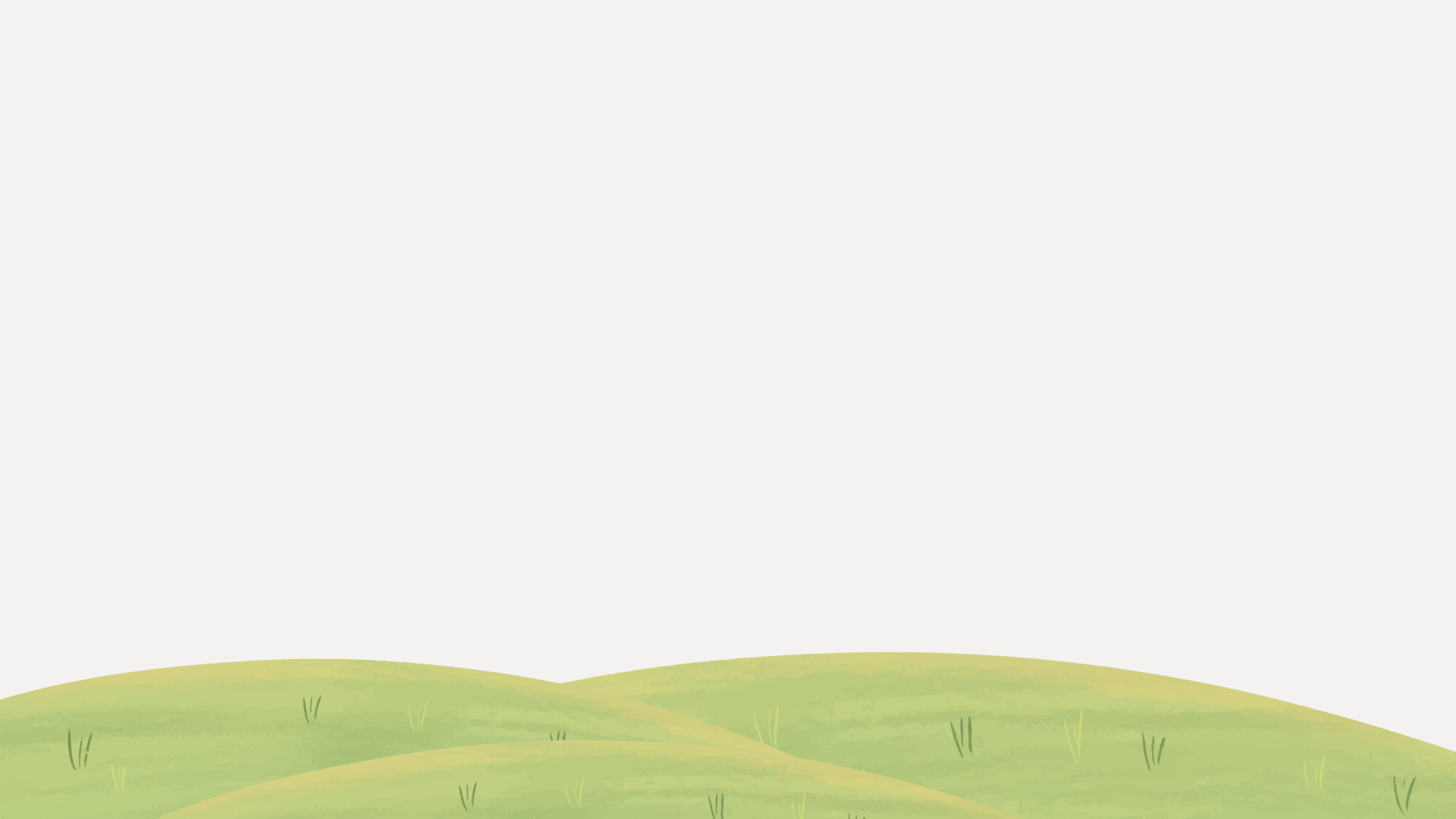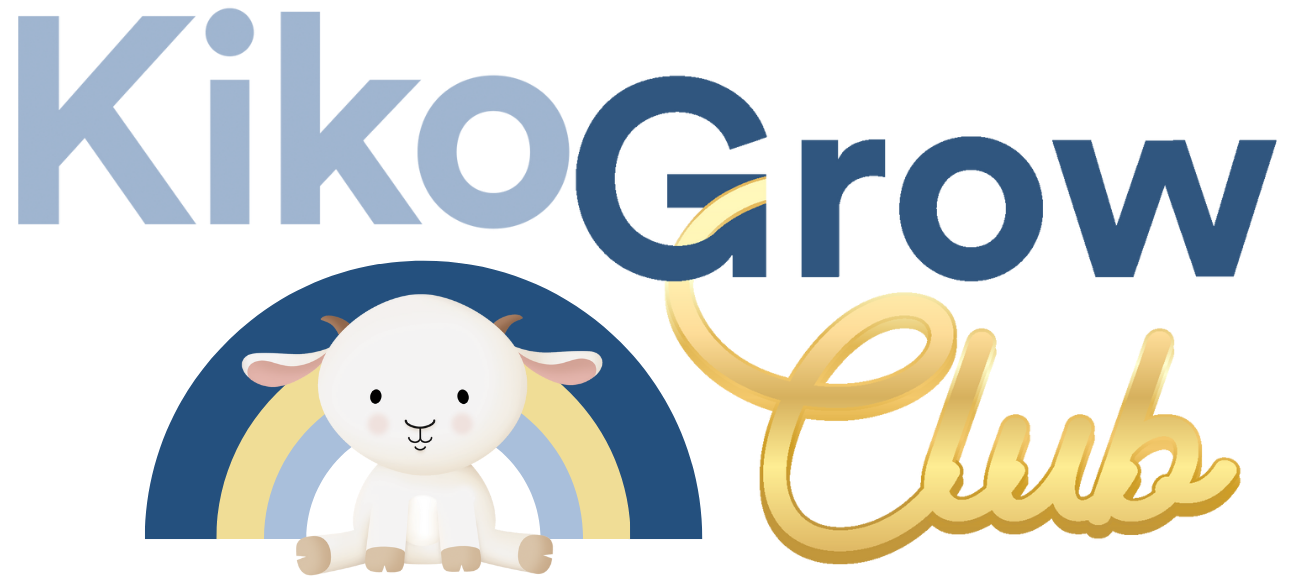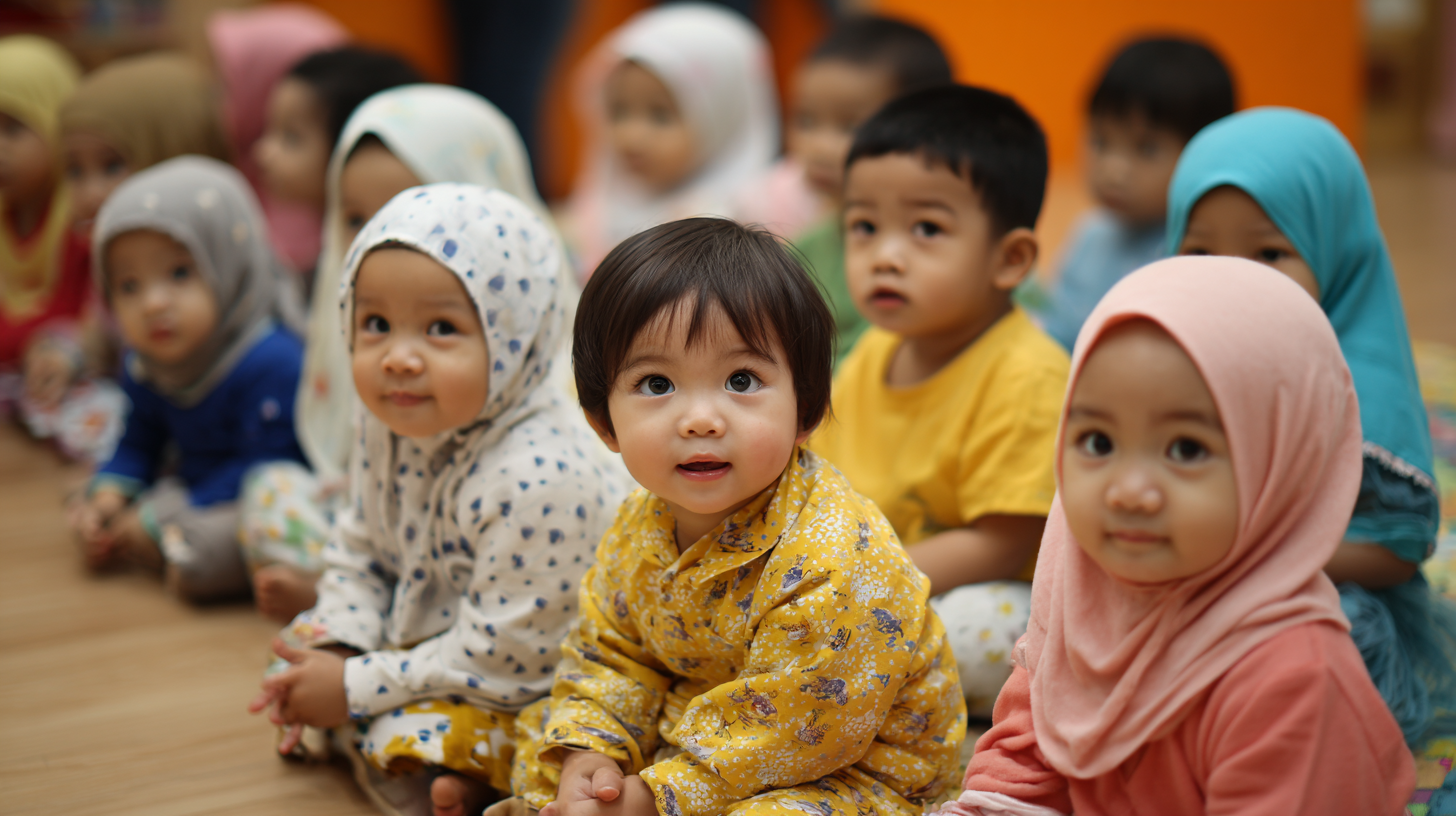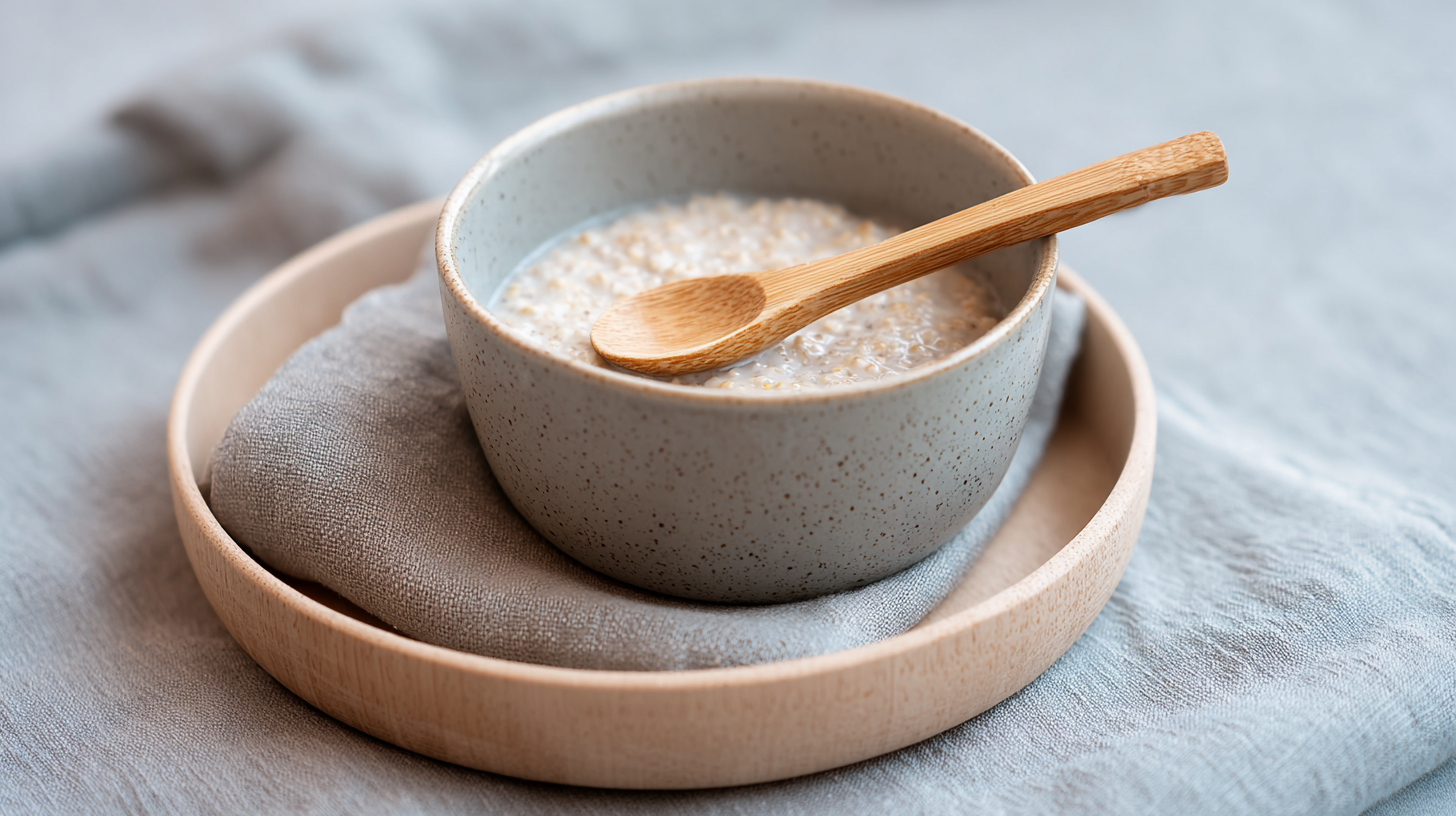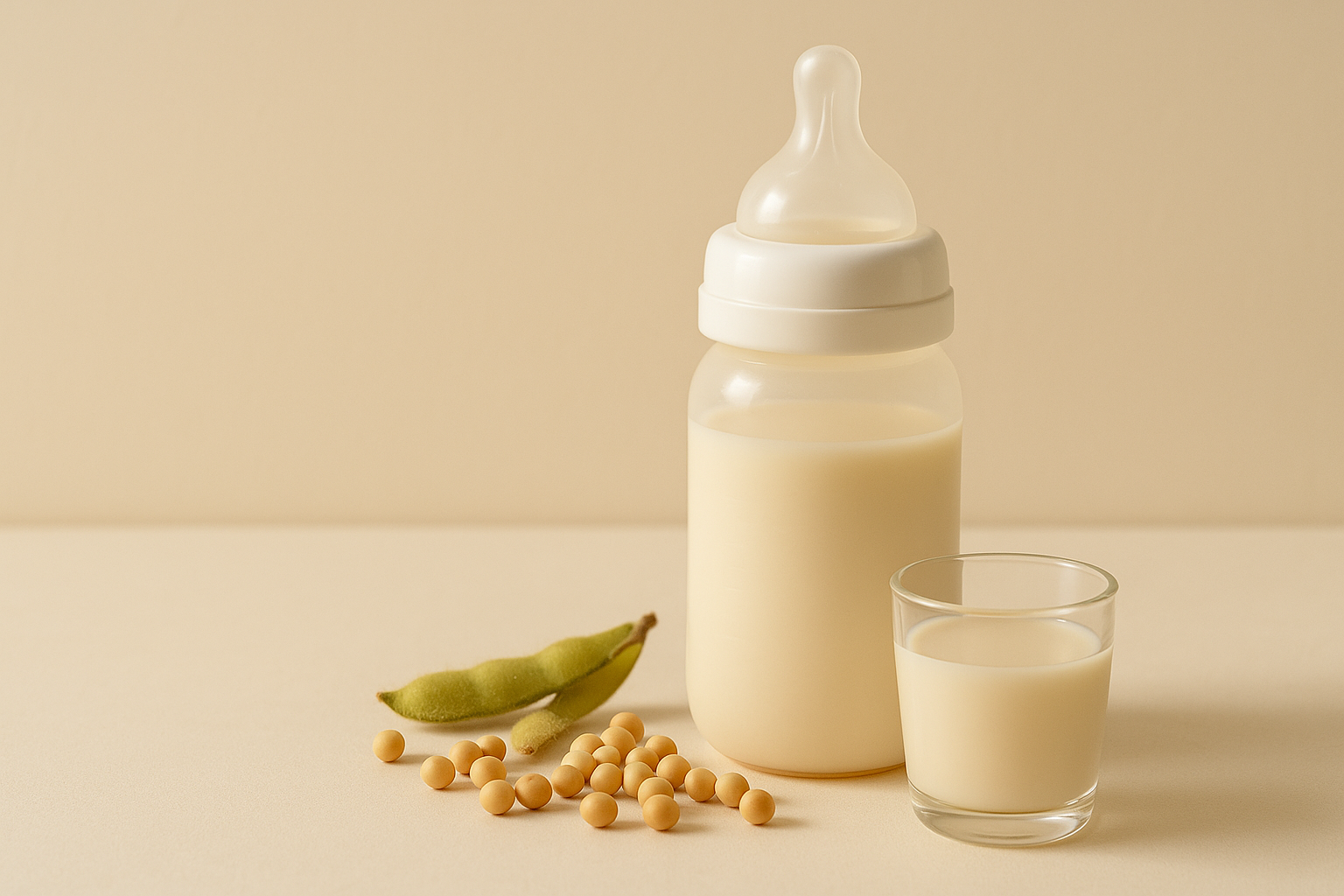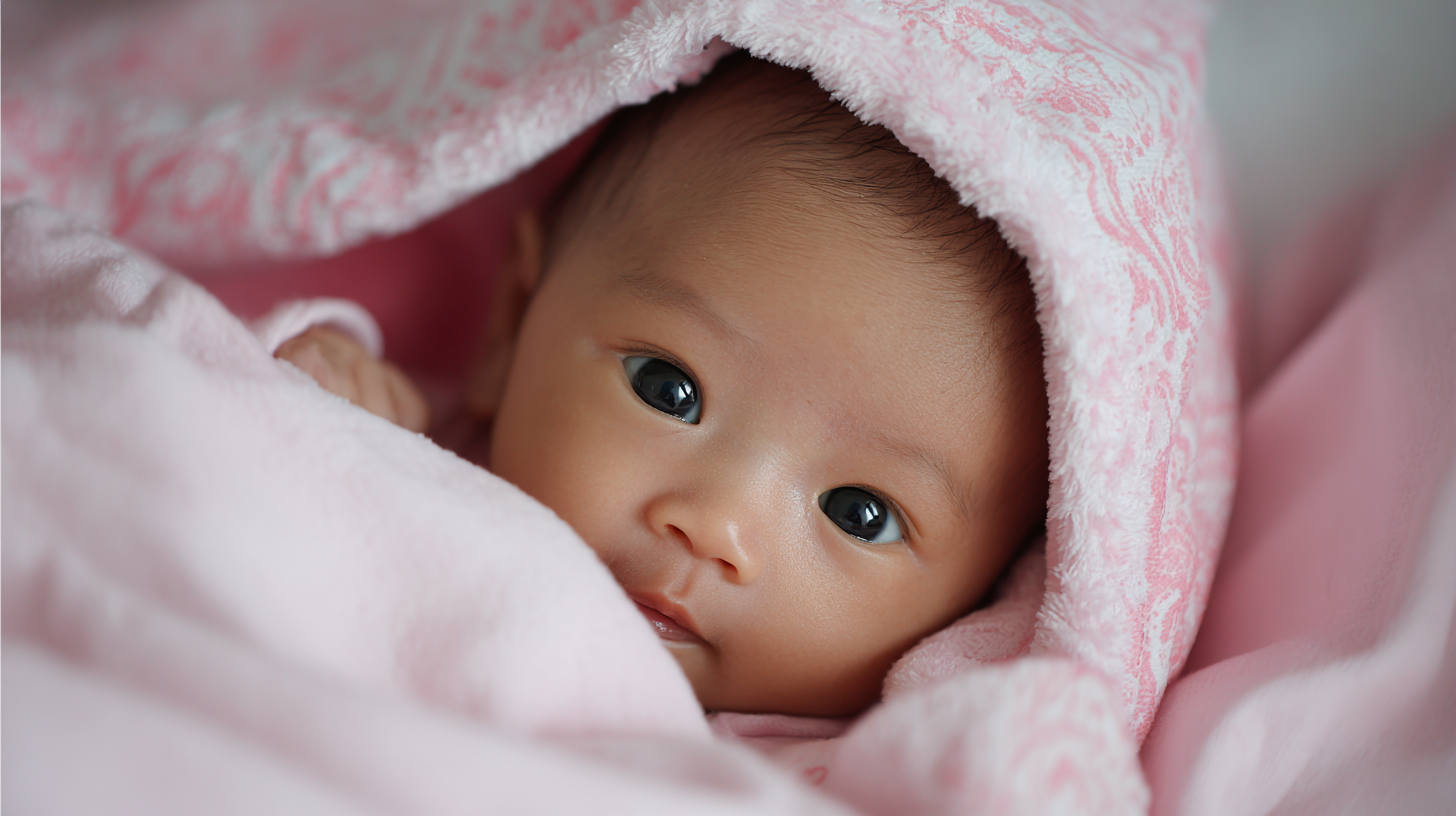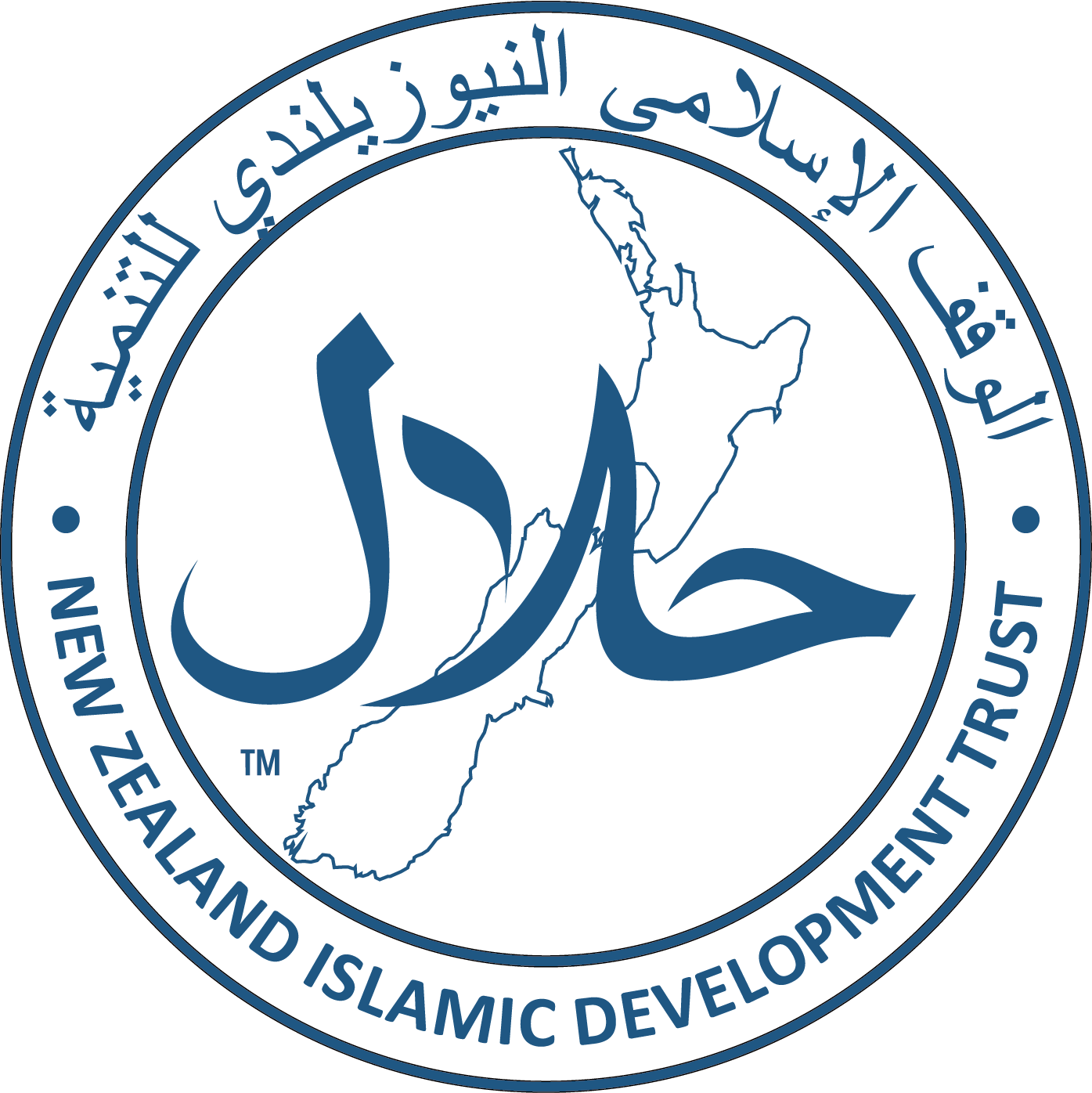Watching your child grow is one of the most rewarding experiences for any parent. From the first smile to those tiny first steps, every milestone is a sign of your baby's progress and skills. However, every child develops at their own pace, and knowing what to expect can help parents feel more confident in supporting their little ones, as your baby's development is a unique and ongoing process.
Families often take an active role in a child’s development—whether it’s through daily play, talking, or involving grandparents in caregiving. This guide explains the ages and stages for newborns, infants, and toddlers, the important developmental milestones, and when you might want to seek advice from your child’s doctor.
Introduction to Child Development
Child development is a remarkable journey that begins at birth and continues throughout childhood. It includes every aspect of a child’s growth—physical, emotional, social, and cognitive. Understanding child development helps parents, caregivers, and healthcare professionals provide the right support at each stage, ensuring that every child has the best chance to thrive.
One of the most helpful ways to track a child’s development is by observing developmental milestones. These baby developmental milestones are key achievements—like smiling, sitting, or saying their first words—that show a child’s progress. It’s important to remember that most children reach these milestones at their own pace. Some babies may walk or talk earlier or later than others, and that’s perfectly normal.
By keeping an eye on your child’s developmental milestones, you can celebrate their progress and also spot any areas where they might need extra support. Early intervention can make a big difference if there are concerns, helping children catch up and reach their full potential. As parents and caregivers, your encouragement and attention are essential in helping your child develop and grow with confidence.
The Five Stages of Baby Development
Experts generally divide early childhood development into five main stages:
- Newborn (0–2 months)
- Focus on basic reflexes and adjusting to life outside the womb.
- Baby recognises familiar voices, especially the mother’s.
- Infant (2–12 months)
- Rapid physical and brain development.
- Rolling, sitting, crawling, and first words appear in this stage. These are called developmental milestones, which are key points in a child's growth.
- Toddler (1–3 years)
- Walking, running, and climbing.
- Developing independence, forming simple sentences, and playing more actively.
- Preschooler (3–5 years)
- Social skills improve, imagination grows.
- Learning basic numbers, colours, and problem-solving.
- Early School Age (5–8 years)
- More advanced thinking and emotional regulation.
- Building friendships and independence.
Children typically reach certain milestones at a certain age, but the age at which a baby reaches each stage can vary. These milestones are important points for monitoring progress, but it’s important to remember that no one milestone is more important than another. For example, some babies may crawl or walk earlier or later than others—these are just examples of developmental milestones.
What Can a Baby Do from 0 to 12 Months?
Understanding Baby Milestones: A Month-by-Month Guide to the First Year
0–3 Months (Newborn Stage)
- Physical Development: Lifts head briefly during tummy time, starts to kick legs actively. The first three months are a foundational period for these milestones.
- Brain Development: Recognises familiar voices and smells. These are the beginnings of language and communication skills, as babies start to hear and differentiate sounds.
- Social Skills: Begins to smile socially around 6–8 weeks.
- What Parents Can Do:
- Give plenty of tummy time.
- Talk and sing to your baby—this builds language skills. Expose your baby to different sounds and encourage them to hear and respond, as hearing is crucial for early development.
4–6 Months
- Physical Development: Rolls from tummy to back, begins to sit with support—a new skill at this age.
- Brain Development: Follows moving objects with eyes, paying more attention to moving objects and people.
- Social Skills: Laughs, enjoys playing simple games.
- Tips for Parents:
- Offer toys with different textures.
- Encourage reaching for and grasping an object.
- Try putting toys in and out of containers to support development.
7–9 Months
- Physical Development: Baby sits without support, demonstrating a new skill, and may start crawling.
- Brain Development: Understands “no”, responds to own name, and shows recognition by hearing and reacting when called.
- Social Skills: Recognises familiar people, may feel shy around strangers.
- Tips:
- Play peekaboo.
- Encourage exploration by letting your baby play with a safe object.
- Introduce safe finger foods.
10–12 Months
- Physical Development: Pulls to stand, may take first step. Walking or following instructions is an exciting new skill at this age.
- Brain Development: Understands simple instructions.
- Social Skills: Says “mama” or “papa”, may say their first word, and waves goodbye. Understanding and using a word to communicate is a key milestone.
- Tips:
- Read picture books daily.
- Offer push toys to encourage walking.
- Play with an object, such as blocks or cups, to encourage development.
- Try putting objects in and out of containers together to support learning and fine motor skills.
The Seven Stages of Baby’s Human Development
Although development is often simplified into five stages, some experts break it into seven smaller stages, highlighting key points in a baby's development. Baby's development is a process that unfolds across these stages, with each point representing important physical, cognitive, and emotional milestones. While children typically reach these milestones at a certain age, there is natural variation from child to child.
- Birth to 2 months – Reflexive actions and sensory awareness.
- 2 to 4 months – Head control, cooing sounds.
- 4 to 6 months – Rolling over, reaching for objects.
- 6 to 9 months – Sitting, crawling, responding to names.
- 9 to 12 months – Standing, first steps, first words.
- 12 to 18 months – Walking well, stacking blocks, pointing to objects.
- 18 to 24 months – Running, simple sentences, pretend play.
Important Milestones: Your Child by 18 Months
By 18 months, most children can:
- Walk without help and begin to run, a skill that marks a major milestone in your baby's development.
- Point to body parts or name an object when asked, showing progress in cognitive skills like object recognition.
- Say at least 10–20 words, with saying their first word being a key language milestone and an important example of early communication skills.
- Feed themselves with a spoon, demonstrating the development of fine motor skills.
- Show interest in other children, an example of social skill development in your child's early years.
How Parents Can Support:
- Play games that involve movement like “Catch the Ball” to help develop your child's motor skills.
- Read simple storybooks together as a family to support your baby's language development.
- Encourage talking by naming objects and actions, helping your child build vocabulary and communication skills.
Baby’s First Year: How Infants Develop Physically and Mentally
Physical Development:
- Baby's development is a comprehensive process that includes physical, cognitive, and emotional milestones.
- Babies triple their birth weight by the end of the first year.
- Muscles strengthen as babies acquire new skills such as sitting, crawling, and standing.
- Taking the first step is a major milestone that marks the transition to walking.
- Playing with an object, such as putting objects in and out of containers, helps develop fine motor skills and understanding of their environment.
Brain Development:
- Rapid growth of brain cells—by 12 months, your baby’s brain is about 60% of adult size.
- The beginnings of language and communication skills emerge during the first year.
- Language development starts with babbling, where babies experiment with sound and begin to differentiate the sounds of their language.
- Babies hear and respond to sounds around them, and hearing is essential for learning language and social interaction.
- As babies develop, they may say their first word, which is an important language milestone. The timing of the first word varies, but it marks a key point in linking words to objects and understanding communication.
Social & Emotional Development:
- By the end of the first year, most babies show preference for familiar people and may cry when parents leave the room.
Baby Developmental Milestones – Signs of Progress
- Gross Motor Skills: Skills such as sitting, crawling, standing, and walking are acquired during development. Examples of these milestones include crawling and walking.
- Fine Motor Skills: Skills like picking up small objects and using the pincer grasp.
- Language Skills: Skills such as making sounds, repeating syllables, and saying first words.
- Cognitive Skills: Skills including recognising faces and understanding cause and effect.
- Social Skills: Skills like smiling, playing peekaboo, and waving.
Red Flags for Developmental Delay
While every child develops at their own pace, monitoring your child's development at key points is crucial for early detection of issues. If you have any concern about your child's progress, act early and consult your child's doctor. Be especially attentive to the following possible red flags:
- By 3 months: Doesn’t respond to loud sounds, no eye contact.
- By 6 months: Cannot roll over, no interest in objects.
- By 9 months: Doesn’t sit with support, no babbling.
- By 12 months: Cannot stand with help, no single words.
- At Any Age: Loss of skills previously learned, extreme stiffness or floppiness.
Early intervention can make a big difference, so don’t hesitate to seek advice from your child's doctor if you’re concerned.
Working with Healthcare Professionals
Partnering with healthcare professionals is an important part of supporting your child’s development. Regular visits to your child’s doctor allow for careful monitoring of developmental milestones, physical development, brain development, and overall growth and development. These check-ups are a chance to discuss your child’s progress, ask questions, and share any concerns you might have.
If your child isn’t reaching certain milestones—such as making sounds or responding to familiar people by nine months—your healthcare professional can recommend early intervention. This might include therapies or extra support to encourage your child’s development. For example, if a baby isn’t making sounds or babbling as expected, a doctor may suggest activities to stimulate language skills or refer you to a specialist for further assessment.
Healthcare professionals are there to guide and support you, offering advice tailored to your child’s unique needs. By working together, parents and healthcare providers can ensure that every child gets the support they need to reach their developmental milestones and continue to grow and thrive.
Creating a Supportive Environment
A nurturing and stimulating environment is key to helping your child reach their developmental milestones. Parents and caregivers can encourage a child’s development by making everyday moments fun and interactive. Simple games like peek-a-boo or pat-a-cake help develop cognitive skills and hand-eye coordination, while singing songs and reading books together support language development and encourage your baby to make sounds and try their first words.
As your child grows, you’ll notice them begin to play games, stand in a standing position, and point to objects—each a sign of progress and growing confidence. Introducing toys like a stuffed animal can encourage physical development, as your child learns to reach, grasp, and interact with new objects. Responding to your child’s coos, babbles, and gestures helps build their communication skills and shows them that their efforts to connect are valued.
By creating a supportive environment filled with love, play, and opportunities to explore, parents can help their children develop important skills, reach new milestones, and enjoy every stage of their growth and development.
Encouraging Healthy Growth and Development
- Play: Simple games like “Ciluk-Ba” (peekaboo) or singing nursery rhymes support your baby's milestones and encourage your child's development.
- Nutrition: Exclusive breastfeeding for the first 6 months if possible, then introducing appropriate solid foods to meet your baby's nutritional needs.
- Safety: Baby-proof your home to prevent accidents, as injuries can happen unexpectedly. Taking precautions helps protect your baby's well-being and supports your child's healthy progress.
- Love & Attention: Respond to your baby’s needs promptly—this builds trust and security. The support and involvement of the family play a crucial role in your child's development.
Conclusion
The journey from newborn to toddler is filled with incredible changes. While most babies reach developmental milestones around the same time, remember that some may be earlier or later—and that’s completely normal. As long as your baby is progressing and showing curiosity about the world, you’re on the right track.
Disclaimer: This article is for educational purposes only and should not replace medical advice. Always consult your child’s doctor if you have concerns about growth, development, or health.
%201.svg)




